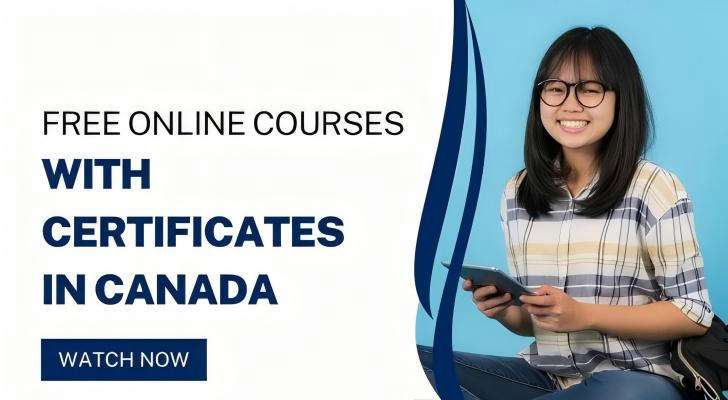How to Choose Free Online Courses
In today's digital age, online courses have become a popular choice for individuals seeking to enhance their skills and learn new things. Free online courses are particularly appealing due to their zero-cost barrier. With numerous options available, how can you wisely choose the right high-quality course for yourself? This article will guide you on selecting free online courses and provide a real-life case demonstrating how such courses can enhance your competitiveness.

Assess Course Quality
1. Course Syllabus and Difficulty:
Review the course syllabus to ensure the content aligns with your learning objectives. Choose a course that matches your knowledge level to ensure a smooth learning journey.
2. Instructor and Institution Reputation:
The instructor's background and the institution's reputation are crucial in determining course quality. Generally, courses offered by prestigious universities or professional educational institutions are more reliable.
3. Student Feedback and Ratings:
Pay attention to feedback from other learners, especially those with similar backgrounds and goals. This helps you objectively assess the course's effectiveness.
Explore Reliable Platforms in Detail
In Canada, several platforms offer high-quality free online course resources. Here’s a detailed exploration of these platforms and their unique advantages:
1. Coursera:
Coursera is a globally recognized online learning platform that collaborates with some of the world's top universities and organizations. Advantages: It offers a diverse array of courses across various fields. Notably, Canadian universities such as the University of Toronto and the University of British Columbia contribute to its course offerings. Coursera provides flexibility, allowing learners to audit courses for free. This means you can access all the learning materials without any financial commitment, making it easier to explore different subjects and interests.
2. 2edX:
Co-founded by Harvard University and the Massachusetts Institute of Technology, edX is known for its academic rigor and high-quality content. Advantages: edX hosts free courses from prestigious institutions worldwide, including Canadian universities like McGill University and the University of Quebec. Its courses are often backed by in-depth research and designed to meet academic standards. Learners have the option to receive a verified certificate for a fee, which can be a significant asset when demonstrating skills to potential employers.
3. Khan Academy:
Khan Academy is a non-profit educational platform that provides free educational resources in a wide range of subjects. Advantages: It is highly beneficial for foundational learning, offering a comprehensive collection of resources designed to be easily accessible to all ages. Khan Academy is particularly useful for beginners or anyone looking to refresh their understanding of basic concepts in subjects like math, science, and economics.
4. FutureLearn:
Based in the UK, FutureLearn offers courses created by a consortium of universities and cultural institutions worldwide. Advantages: The platform promotes a collaborative and social learning experience, encouraging interactions through discussions and group activities. It offers Canadian learners access to international educational content, helping them gain diverse perspectives and knowledge.
5. Alison:
Alison is an online learning platform specializing in free certified learning and skills training for employability and career growth. Advantages: It is ideal for individuals aiming to improve professional skills and enhance their employability. Alison offers a wide range of career development courses focusing on workplace readiness, providing learners with practical knowledge and skills that are immediately applicable to their professional lives.
Real-Life Case: A Success Story
Here is an inspiring real-life example of how online courses can lead to career success:

Case Study: Sarah's Career Turnaround
Sarah, living in Vancouver, aspired to transition into the tech industry. After losing her previous job during economic hardships, she decided to learn data science through Coursera, seeing the growing market demand for data skills. Enrolling in Coursera's Data Science specialization, she systematically acquired Python programming and data analysis skills. During her studies, Sarah actively participated in forum discussions and networked with fellow learners. Six months later, she completed the course and secured a data analyst position at a startup, impressing her employers with her course project. Her online learning experience not only enriched her resume but also became a highlight during interviews.
Conclusion
Choosing free online courses requires a discerning approach to assess quality and leverage reliable platforms. With options like Coursera, edX, and Khan Academy, Canadian learners have access to a wealth of educational resources. By effectively utilizing these platforms, you can enhance your competitive edge and achieve significant personal or professional advancements, much like Sarah did.

In this new era of learning, engage with the wealth of resources available to create limitless possibilities for your future. Happy Learning!
